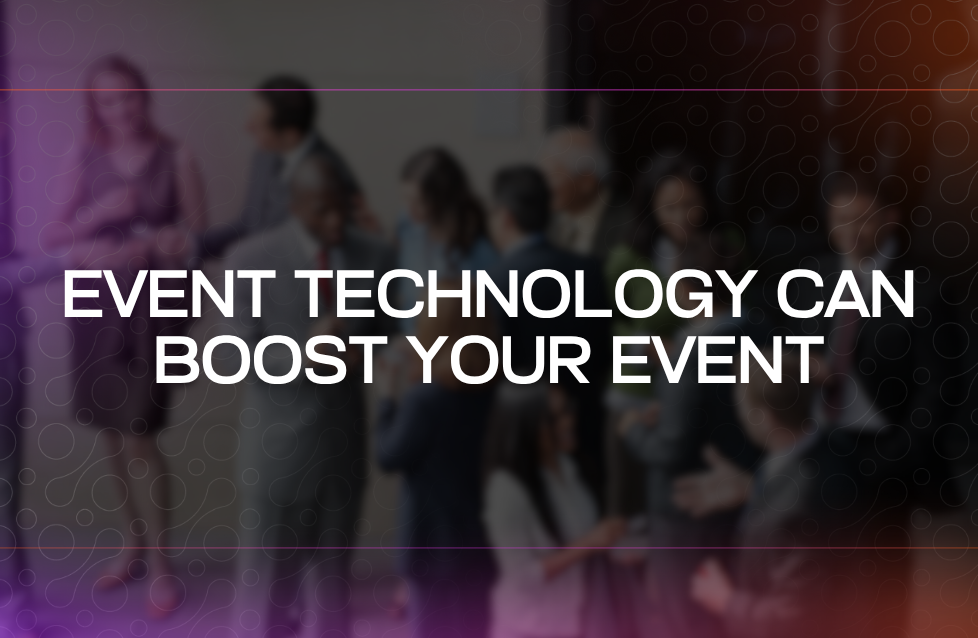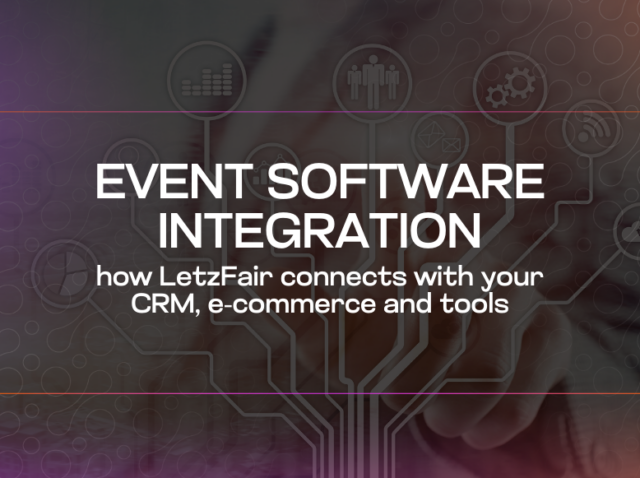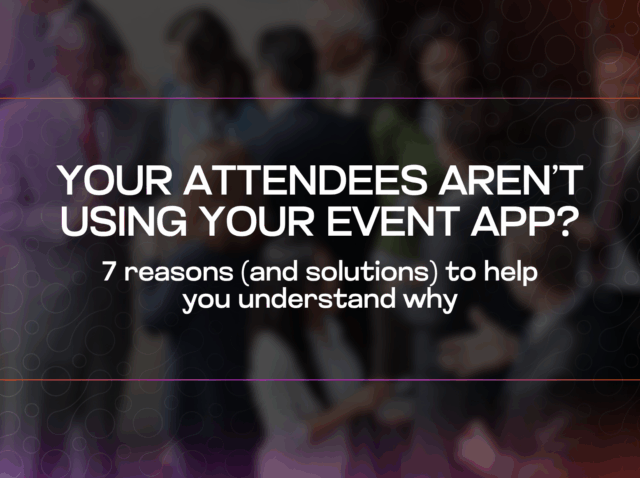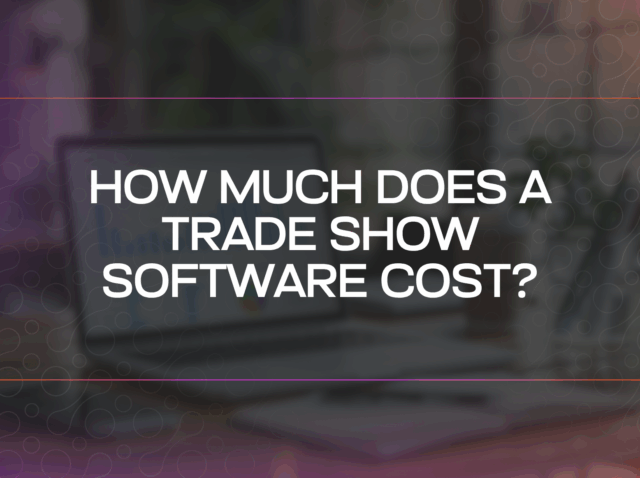The COVID-19 pandemic dramatically changed how millions of people live and connect. However, technology stepped in as a powerful ally, allowing daily and professional activities to continue within the new restrictions. To prevent contagion, many events shifted from in-person to virtual or hybrid formats, enabling participants to connect and engage in new, digital ways.
Now that in-person gatherings have largely returned, companies have realized how event technology can boost your event by ensuring accessibility for remote attendees, improving engagement, simplifying logistics, and providing valuable data for post-event analysis.
Below are six essential technologies you can use to strengthen your next event and elevate the attendee experience.
1. Build a Dedicated Event Platform
Creating a custom event platform is one of the most effective ways to guide your audience and provide all the information they need.
Through a digital platform, participants can access a detailed event agenda, track scheduled sessions, and manage one-on-one meetings with other attendees.
These platforms also include networking tools such as in-app messaging, digital business card exchanges, and interactive push notifications.
Integrating live streaming and real-time translation directly into the platform allows even remote participants to follow along without missing a single session.
2. Use Digital Payment Technologies
Modern attendees increasingly prefer contactless and cashless payments.
By introducing smart payment systems across your event — from food stands and merchandise booths to ticket upgrades — you can make the experience faster, safer, and more efficient.
Offer payment options via QR codes, RFID, or NFC technology on smartphones or smartwatches. You can even provide guests with digital wristbands that double as both payment and identification tools.
These systems not only modernize your event but also collect valuable insights into attendee behavior and spending patterns.
3. Implement Smart Ticketing Solutions
Just like communication, ticketing should be omnichannel.
While traditional sales channels reach less tech-savvy audiences, online sales through apps and partner websites attract digital-native participants.
Smart ticketing systems allow you to create exclusive online offers, bundles, or loyalty programs to boost pre-event sales and engagement.
Integrating ticketing into your overall event technology ecosystem also simplifies entry management and improves data tracking.
4. Virtual Reality (VR)
Virtual reality immerses users in a fully digital environment that replicates — or enhances — real-world experiences.
With headsets and other immersive devices, your guests can step into a virtual world rich in visual and sensory detail.
Offering VR experiences at your event will create a unique and memorable moment that sets your brand apart from competitors and transforms passive attendees into active participants.
5. Augmented Reality (AR)
Unlike VR, augmented reality is more affordable and easily accessible — all your attendees need is a smartphone.
With AR, you can enrich real-world experiences by overlaying interactive digital content, sound, visuals, or even scents onto the physical environment.
This technology is ideal for product demonstrations, exhibitions, and live activations, allowing participants to experience your brand in a highly immersive and engaging way.
6. Use Data Collection Technologies
Event technology doesn’t just enhance the attendee experience — it’s also a powerful data collection tool.
With integrated analytics systems, you can gather insights such as satisfaction levels, attendee behavior, and engagement rates.
Once analyzed, these insights help you measure your event’s success, identify growth opportunities, and design better experiences in the future.
Real-time feedback and post-event analytics also provide valuable input for long-term business development.
Conclusion
As we’ve seen, event technology can boost your event by simplifying organization, enhancing engagement, and generating measurable results.
By adopting digital tools such as event platforms, smart ticketing, VR, AR, and data analytics, you can create personalized, seamless, and innovative experiences for your attendees.
Embracing innovation today means setting higher goals for tomorrow — and ensuring that every event you organize is smarter, more efficient, and unforgettable.









